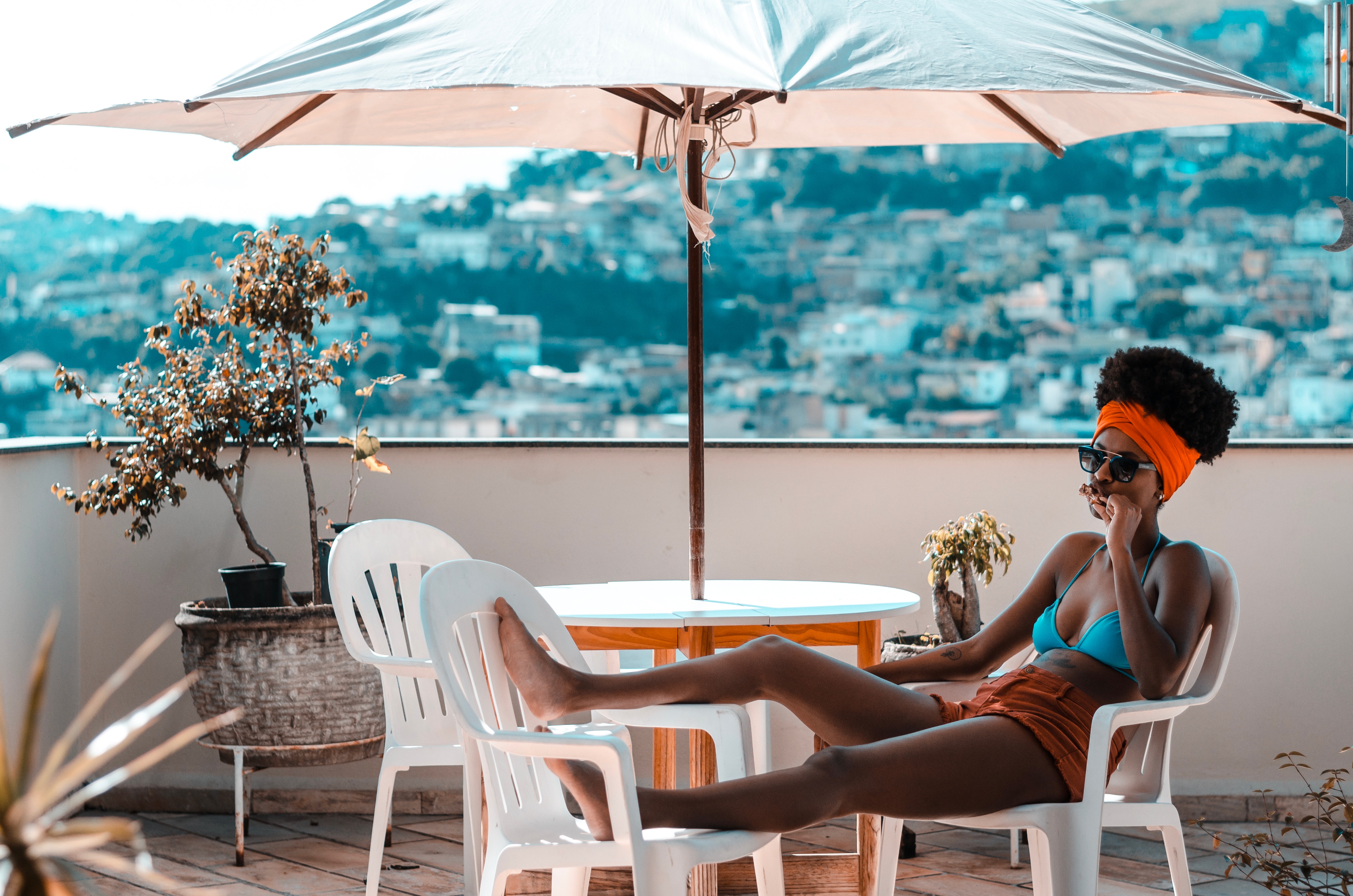In July 1923, Ernest Hemingway travelled with his wife to Pamplona to see the fiestas of San Fermín. He was so fascinated that he repeated the trip several times and it inspired him to write the draft of The sun also rises, now considered his greatest work.
Travel broadens the mind. Many artists and scientists, like Hemingway, have been inspired by traveling the world. For some years now, science has been trying to unravel the relationship between vacations and human creativity, considered one of our most complex cognitive abilities.

A study published in 2016, tested the cognitive flexibility of 46 workers of a company before and after vacation. The test was quite simple: each worker was given a series of objects, such as a hammer, and they had to say the highest number of uses that could be given to it in the shortest possible time. For example, a hammer could be used to nail something, as a weapon, as a paperweight, or to disguise yourself as Tor. Interestingly, after two weeks of vacation, workers were able to put objects to a greater number of uses.
But why do vacations make us more creative? In particular, science points to three different factors: stress reduction, new experiences and the effect of positive emotions.
Stress reduction
In general, work generates stress. When it is punctual, it does not have to be detrimental. Stress helps us to react to dangerous situations. The problem comes when stress becomes chronic and manifests itself in normal situations.

People who suffer from chronic stress have more routine behaviors, because they devote all their attention to the factors that generate stress. Therefore, it is more difficult for them to generate creative ideas. Their thinking becomes faster, more logical and standard. During a vacation, employees can free themselves from work stress, making their cognitive abilities more flexible, thus increasing the likelihood of creative ideas.
Neuroscience studies show that there is a relationship between relaxation and creativity. For example, the Default Neural Network (DNN) is a set of brain areas that remain active when the brain is at rest. These areas are the ones that allow us, for example, to make introspections. A study published in 2014, found a positive association between people's creative performance and the size of their RND.
Live new experiences.
Even a simple action such as changing the way we prepare a snack can increase our cognitive flexibility. Vacations offer numerous opportunities for unique experiences. You don't have to go backpacking in Southeast Asia or go on safari in Africa. The mere fact that we don't have to work is enough to break our daily routines.
At the same time, listening to a foreign language, tasting exotic foods and witnessing unfamiliar cultural habits help break established cognitive patterns, which favors the creation of new ones. In fact, several studies have shown that these multicultural experiences favor creativity.
For example, in one investigation, students who viewed a brief presentation on the cultural differences between the United States and China later wrote more creative stories in an assignment than students who had not seen this presentation.
Positive emotions
Vacations not only relieve us of stress and monotony. By being able to choose our vacation destination and daily activities, they make us feel a certain degree of autonomy. By getting out of our comfort zone, we face new challenges and feel personal satisfaction when we overcome them. In addition, they provide us with life experiences that give meaning to our lives. For example, they help us connect more easily with people.

As a result, vacations increase levels of happiness, well-being, self-esteem and overall personal satisfaction. These positive emotions encourage people to explore, learn and play, which enhances creative thinking by encouraging the combination of ideas.
Many people feel guilty during their rest periods because we live in a society where productivity is valued above all else. Therefore, it is important to stress the importance of disconnecting from work from time to time. And not only because it promotes creativity, but also for our own well-being and mental health.
So, let's take a break!













